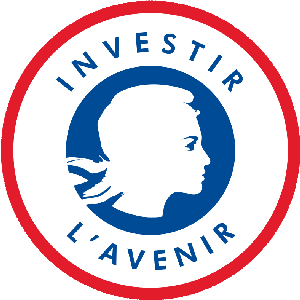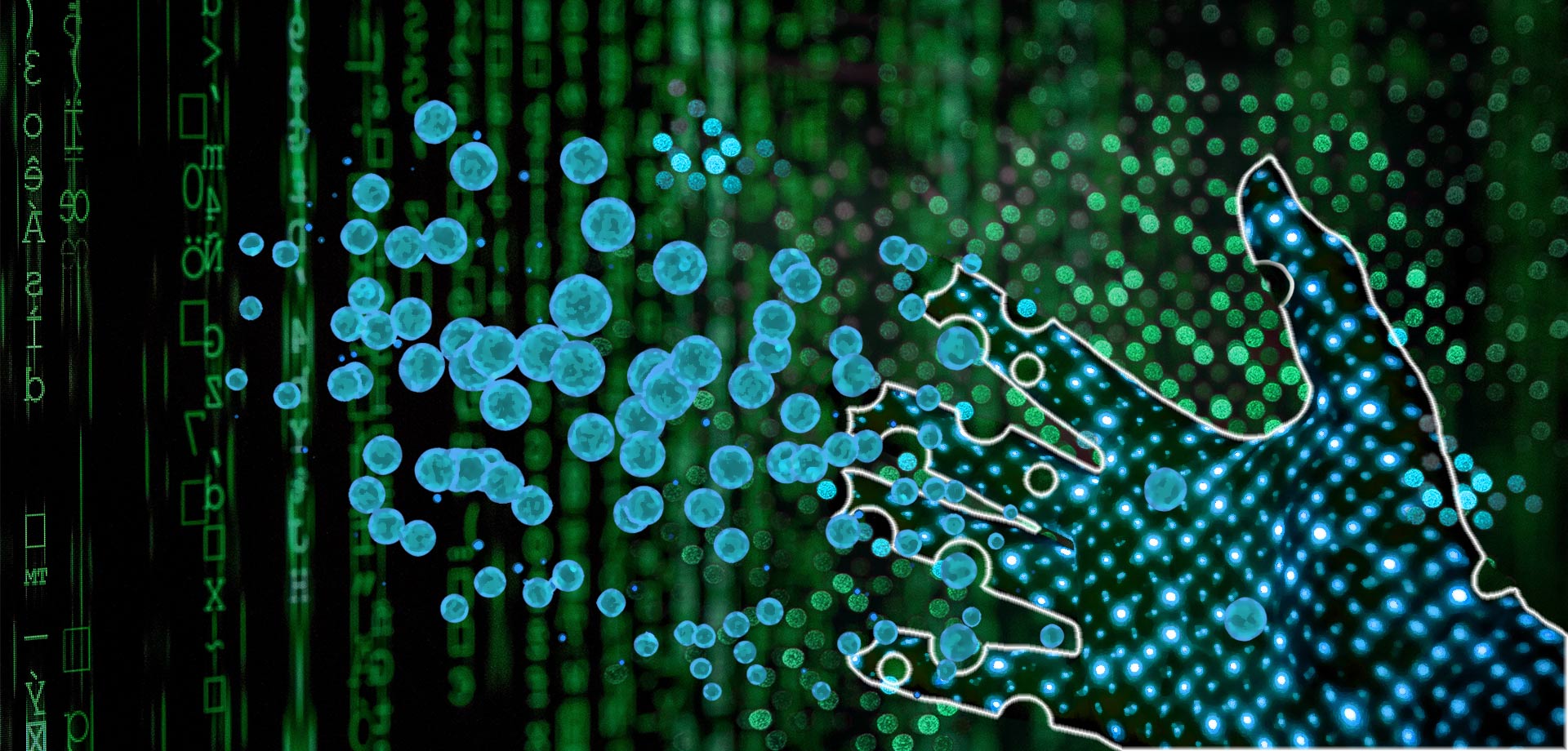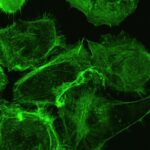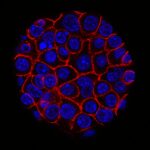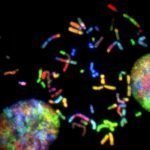PhD proposal
Supervisor: B. Segui
Team T. Levade – CRCT
Cutaneous melanoma is a very aggressive and immunogenic skin cancer that can be treated by immunotherapy based on the administration of antibodies neutralizing CTLA-4 and PD-1, two immune checkpoints expressed on the surface of activated T lymphocytes, acting as a real brake on lymphocyte activation. To date, the best clinical responses in patients with advanced melanoma have been obtained with the combination of ipilimumab (anti-CTLA-4) and nivolumab (anti-PD-1). However, almost half of patients with metastatic melanoma do not respond to this treatment and there are no biomarkers predictive of resistance. In this context, cellular senescence, a process of genetic, epigenetic and metabolic reprogramming as well as morphological modifications of the cell during aging, seems to play a dual role in resistance to immunotherapy.
While the senescence of cancer cells and regulatory T cells appears to facilitate the response to immunotherapies in mice and humans, the senescence of effector T cells may contribute to resistance mechanisms. Among the mechanisms of cellular senescence, a distinction is made between replicative senescence, linked to the shortening of telomeres as cell divisions progress, premature senescence induced by stressors such as pro-inflammatory cytokines (IFNg and TNF) and senescence induced by oncogenes such as BRAFV600E, which is expressed in 50% of melanomas.
Our laboratory has demonstrated two mechanisms of resistance to immunotherapies in murine melanoma models, one based on the production of TNF in the tumor microenvironment, the other dependent on the expression in melanoma cells of sphingosine kinase 1 (SK1), a lipid metabolism enzyme from the ceramide family. In addition, we have shown that the expression of SK1 in human tumor biopsies is a predictive biomarker of resistance to anti-PD-1. Our work constitutes the scientific rationale of two clinical trials in patients with advanced melanoma, TICIMEL and IMMUSPHINX, which aim to assess the impact of anti-TNF agents in melanoma immunotherapy and to identify in the biological samples of patients (blood and tumor biopsies) of biomarkers of resistance / response to immunotherapies. Biomarkers are sought among cytokines and metabolites of ceramide in plasma (measured by mesoscale and mass spectrometry, respectively), profile, gene expression and methylation of peripheral blood mononuclear cells (evaluated by flow cytometry, RNA Seq / CITE Seq single Seq RNA Seq, methyloma), leukocyte infiltrate of tumors (evaluated by immunohistochemistry) and the expression of enzymes of the metabolism of ceramide in tumors (evaluated by in situ hybridization).
The thesis work will consist of developing computer modeling approaches of all the big data collected in the two clinical trials TICIMEL and IMMUSPHINX in order to identify signatures of senescence in regulatory T lymphocytes and effectors predictive of response and resistance to immunotherapies, respectively. In addition, we will study whether these signatures are associated with alterations in the metabolism of ceramide dependent on TNF signaling.
Key words: Cancer, immunotherapy, Clinical trials, Biomarkers, big data, bioinformatics

